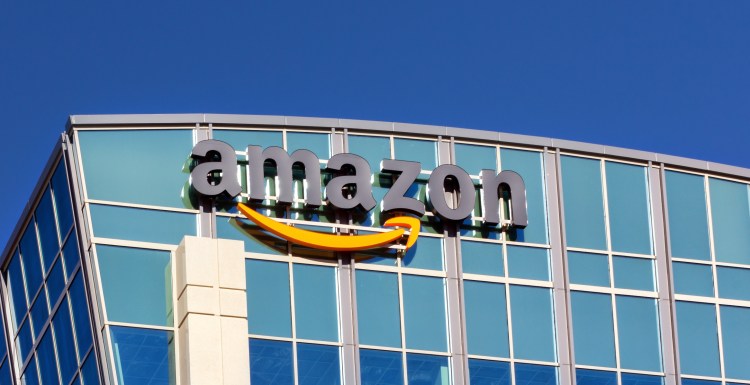While mayors and governors across the U.S. are eager to show constituents that they’re willing to fight tooth and nail to secure Amazon’s HQ2, some groups are asking local politicians to pump the breaks.
This morning, 73 civic groups from 21 states around the country released an open letter called “Our HQ2 Wishlist” addressed to Amazon CEO Jeff Bezos. The letter calls for a more transparent negotiation process between Amazon and the prospective HQ2 cities and asks Amazon to commit to a laundry list of demands that signees believe will ensure more equitable growth in the eventual HQ2 location.
“You have your list of things you’re looking for from cities — but we live in these cities, and we’ve got some expectations of our own for Amazon,” the letter states.
The many commitments signees want Amazon to agree to include creating opportunities to hire, train, and mentor workers from underrepresented backgrounds, supporting workers’ rights to organize, agreeing to pay all property taxes, and setting aside investments that will help build and maintain local public transportation, as well as supporting affordable housing in the city.
June 5th: The AI Audit in NYC
Join us next week in NYC to engage with top executive leaders, delving into strategies for auditing AI models to ensure fairness, optimal performance, and ethical compliance across diverse organizations. Secure your attendance for this exclusive invite-only event.
“This is a big deal for our city officials, and we’d really like an open negotiation to make sure were not selling out our city,” Felicia Griffin, executive director of the Denver chapter of United for a New Economy — one of the organizations that signed the letter — told VentureBeat in an interview. Griffin says that in Denver, in particular, residents are concerned about how the metro area would be able to handle an increase in housing prices that would likely come with Amazon HQ2. According to Zillow, apartment rents have increased by 35 percent since 2011 in Amazon’s current hometown of Seattle.
In addition, the open letter also calls for Amazon to create a legally binding “Community Benefits Agreement” with whichever city it selects for HQ2.
“You’ll submit regular reports on Community Benefits to an oversight committee on which community stakeholders are directly represented. Prior to local project approvals, you’ll provide the public with a detailed, verified Community Impact Report regarding the project’s impacts on jobs, small businesses, housing, the treasury, the environment, and public health. You’ll provide the public with ongoing, verified information regarding hiring, wages, and provision of community benefits throughout the life of the project, not just for your direct employees, but for contractors, sub-contractors, and temp agencies,” the letter states.
“I think there’s an increasing backlash to these types of deals,” Mark Meinster, the executive director of Warehouse Workers for Justice Chicago, told VentureBeat. In talking about why his group signed the letter, he referenced the deal that the state of Wisconsin secured with Foxconn in September — in which the state approved a nearly $3 billion incentive package in exchange for Foxconn investing $10 billion in the state. It “really opened a lot of people’s eyes,” he said, adding that “there’s a history in Illinois of giving corporations a lot of money, and those corporations not living up to their promises.”
For Amazon’s part, in its RFP the company touts the direct and indirect benefits of its impact on the Seattle economy, claiming that 53,000 additional jobs were created between 2010-2016 as a result of Amazon’s direct investments.
Joseph Parilla, a Brookings Institution fellow who has researched inclusive economies, says that local politicians should see inclusivity as going hand in hand with economic growth, since inclusive economies are able to utilize more of a city’s workforce.
“Economies that are suffering from economic exclusion are essentially not creating the conditions in which people can meet their productive potential,” Parilla told VentureBeat in a phone interview. “If you’ve got people that want to work but are priced out of housing that is near where they can access job centers, that’s an example of exclusion that limits economic competitiveness at a regional level.”

